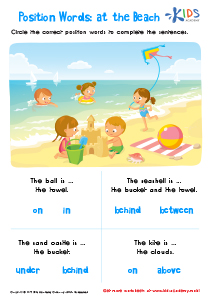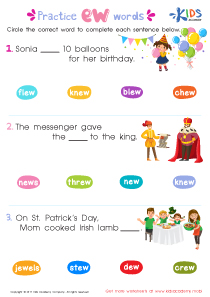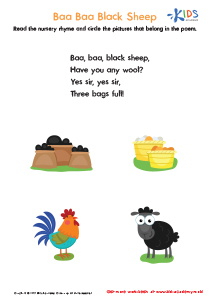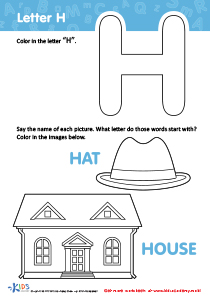How to Measure Using the World Around You Quizzes for 7-Year-Olds
3 results
3 filtered results
Clear all filters3 filtered results
-
From - To
Introducing our captivating interactive assessment quizzes on "How to Measure Using the World Around You for 7-Year-Olds"! Designed specifically for curious young minds, these quizzes are a playful journey through the basics of measurement using familiar objects and scenarios around them. Each quiz is crafted to check knowledge, providing immediate feedback to encourage and guide our young learners. Engaging, educational, and full of fun, these quizzes make learning about measurements an adventure, helping 7-year-olds grasp the concept in a relatable and memorable way. Dive into the world of measurements with us, where learning feels like play!
In today's fast-paced world, where theoretical knowledge often takes precedence, practical understanding can sometimes take a back seat. This is especially true for fundamental concepts like measurement, which are crucial not only academically but also in daily life. Recognizing this gap, our interactive quizzes on "How to Measure Using the World Around You for 7-Year-Olds" stand out as a beacon of learning, perfectly tailored for young minds eager to understand and engage with the world around them.
Measurement is a foundational skill, vital for the development of numeracy and spatial awareness. However, for 7-year-olds, abstract numbers and units can seem distant and difficult to grasp. That's where our interactive quizzes bridge the gap, transforming abstract concepts into tangible lessons. These quizzes are designed not just to instruct but to enchant, pulling elements from the children's surroundings and making the learning process as natural as breathing.
The beauty of "How to Measure Using the World Around You for 7-Year-Olds" lies in its approach. It uses familiar objects and scenarios, allowing children to see the relevance of measurement in their everyday lives. From comparing the lengths of pencils to estimating the amount of water in different sized containers, the quizzes make use of scenarios that children find relatable. This not only keeps their interest alive but also enhances their understanding and retention of measurement concepts.
Moreover, the interactive nature of the quizzes acts as a catalyst for engagement. Instead of passive learning, children are encouraged to actively participate, applying their thinking and reasoning skills to solve problems. This active engagement is crucial for deep learning and helps in fostering a love for the subject. The quizzes are designed to be intuitive, ensuring that children can navigate through them with minimal assistance, thus promoting independence and confidence in their abilities.
Feedback is another cornerstone of our interactive quizzes. Instant feedback is provided, allowing children to understand their mistakes and learn from them immediately. This instant reinforcement helps in solidifying the concepts being taught and encourages a positive learning loop where children are motivated to keep trying until they succeed.
Accessibility is a key feature of "How to Measure Using the World Around You for 7-Year-Olds." Available online, these quizzes can be accessed from anywhere, making it easy for children to practice and learn at their own pace and in the comfort of their home. This flexibility ensures that learning can happen anytime, making it easier for parents and guardians to incorporate educational activities into their child's daily routine.
In conclusion, "How to Measure Using the World Around You for 7-Year-Olds" is more than just a set of quizzes. It's a comprehensive educational tool designed to foster a deep understanding of measurement through interactive and practical learning. By engaging children in a meaningful way and connecting learning to their everyday experiences, it lays a strong foundation for their mathematical journey, making it an invaluable resource for their studies and beyond.











